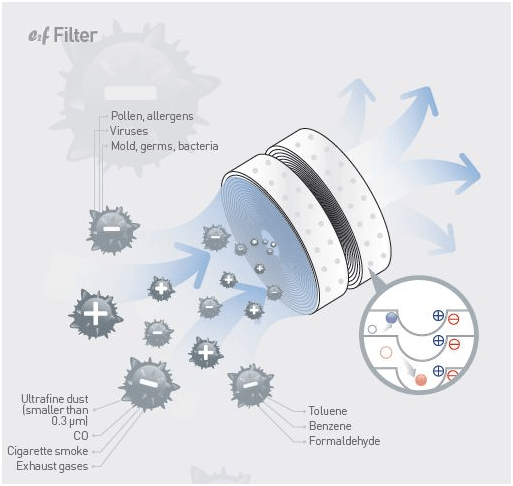Heatpump Vs Heating System - Which Is The Better Heating Option For Your Home?
Heatpump Vs Heating System - Which Is The Better Heating Option For Your Home?
Blog Article
Article Written By-Hjelm Sims
Many house owners recognize with heating systems, which warmth homes with oil or gas and push hot air with ductwork. They are fairly inexpensive and can supply reliable home heating also throughout a winter power outage.
Nonetheless, they use nonrenewable fuel sources and create carbon monoxide and other air pollution. They also aren't as energy-efficient as a high-efficiency heatpump.
Price
Normally, heatpump are more cost effective to operate than heaters. They usually utilize electrical energy and refrigerant to remove warmth from exterior air, and then transfer it right into your home. You can benefit from cheaper electrical energy rates during off-peak hours to even more lower your home heating costs.
Unlike heatpump, gas or wood-burning heaters utilize combustion to produce heat, emitting flue gases into the environment that can be damaging to your health. These furnaces are likewise less energy-efficient than heat pumps, and their greater operating costs can build up gradually.
Heaters are much more challenging than heat pumps and need routine upkeep to make certain the proper feature of all components. In spite of this, they often tend to last longer than heatpump with a typical life-span of twenty years or even more. Nevertheless, you'll require to consider the expense of gas, fuel oil or wood and the added devices needed for setup and procedure such as air ducts and air flow systems.
Power Performance
Heat pumps have a higher energy efficiency rating than furnaces. These systems make use of electrical energy to feed on heat from the air, also in freezing temperature levels. They can also eliminate excess heat from the home throughout warmer months and recycle it to cool the system. Service provider specialists can assist you determine the best version for your home on environment and source energy costs.
Furnaces melt gas oil, lp, natural gas or other sorts of nonrenewable fuel source to warm the air in the home. This air is after that spread with ductwork using a huge fan. Heating systems produce greenhouse gases and call for normal maintenance and devices upgrades to guarantee safe procedure.
The largest benefit of a heater is that it can be operated also in extreme winter months conditions because it does not count on outside temperatures to heat the air. Heaters additionally have a longer lifespan than heat pumps and usually last 15 years. They can additionally be coupled with twin fuel choices, which pick the most reliable heating option based upon the weather.
Climate
Heat pumps function well in moderate environments and use less source energy than heaters. Nonetheless, if your region is incredibly chilly, you might require to invest in a common gas heater instead.
Heaters offer warm, cozy warmth and commonly supply rapid heating to elevate indoor temperatures. These systems can be utilized with a selection of fuel types, consisting of natural gas, lp, oil or electrical power.
They consume a lot more power than heatpump-- up to 3x as much-- and need ductwork that's costly to install or retrofit. They're additionally extra expensive to keep, as they can trigger air high quality problems and generate greenhouse gas exhausts.
If you're committed to decreasing your carbon footprint, a heat pump is an excellent option for your home. They have fewer greenhouse gas discharges than furnaces, specifically if you pick an ENERGY STAR ® heatpump. Your neighborhood Provider professional can explain the differences between these 2 heating unit and assist you make the most effective decision for your one-of-a-kind demands.
Individual Preferences
Heaters can be extremely energy efficient when powered by natural gas, propane or oil, yet they aren't as energy reliable as heat pumps in frigid climates. https://www.moneytalksnews.com/how-to-get-your-ac-summer-ready/ can additionally be a lot more pricey to set up, needing gas lines and air flow systems.
However, furnaces have a tendency to need less upkeep, which can result in reduced ongoing costs. They generate fewer greenhouse gases and are more reputable than heat pumps throughout extreme weather.
Electric heatpump are much more versatile in producing interior convenience since they can also work as a/c throughout warmer months. They can be easier to maintain, requiring just normal air filter modifications and periodic vacuuming.
If you prefer the ease of a single system that does it all, think about a crossbreed home heating solution that pairs a heating system with an electrical heatpump. These systems can automatically switch over between the two heating choices based on your home's needs and temperature level problems, making best use of performance and cost savings.